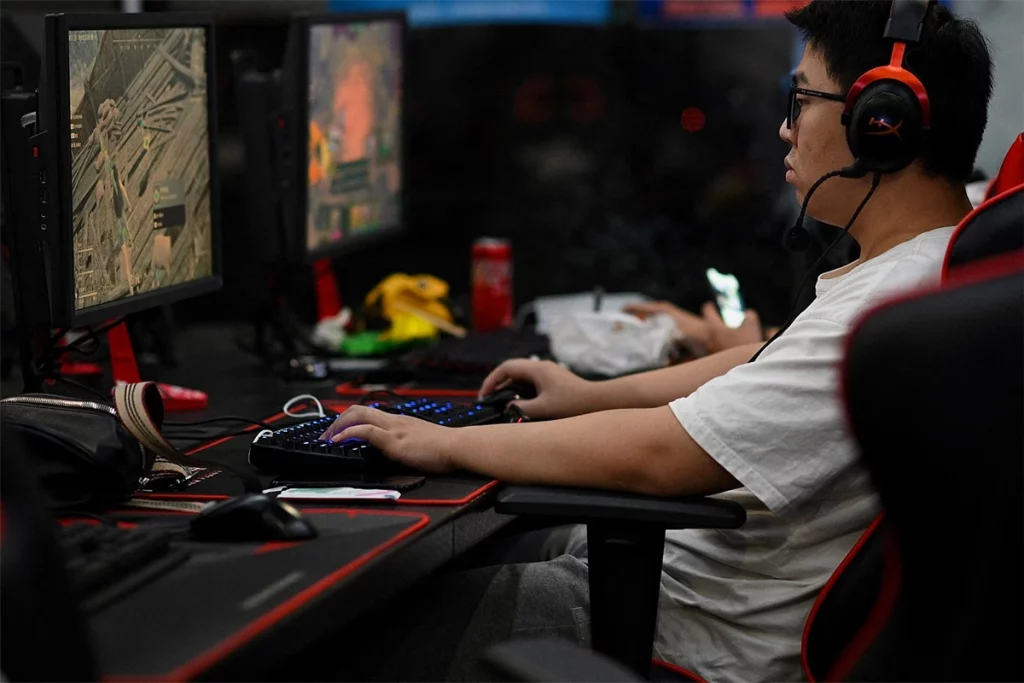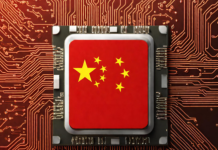China’s recent gaming regulations that sparked an $80 billion selloff might be getting reworked, following the removal of a key official and public outcry. The proposed laws, aimed at limiting gaming addiction and microtransactions, sent shockwaves through the industry and the government itself.

China Loosens Grip on Gaming Industry After Market Meltdown
Feng Shixin, head of the publishing unit within the Communist Party’s Publicity Department – a crucial body overseeing gaming regulation – has been removed from his position. While the government remains tight-lipped on the reason, sources link it directly to the controversial gaming laws.
The proposed regulations, unveiled in December, triggered a massive selloff in Chinese gaming stocks. Tencent, the country’s gaming giant, saw its shares plummet by 16%, and NetEase, another major player, dropped by 25%. This financial earthquake appears to have shaken the resolve of policymakers.
Amidst the industry turmoil and potential economic repercussions, China seems to be softening its stance. Just five days after the laws were announced, the National Press and Publication Administration (NPPA) expressed willingness to modify them based on public feedback. This signals a potential shift towards less extreme measures.
In August 2021, strict regulations were first implemented to address video game addiction among minors, restricting their gaming hours. Additionally, new game licenses were put on hold, resulting in a substantial decline in industry revenue in 2022.
While curbing gaming addiction remains a concern, China‘s recent economic slowdown has shifted priorities. The government, aiming to boost private sector investment, might be wary of stifling a thriving industry like gaming.
As things stand, the future of these gaming laws remains uncertain. The removal of Feng Shixin and the government’s more conciliatory approach signal a possible change in direction. However, it is yet to be seen how the revised regulations, if any, will be received by the gaming industry and the broader public.
RELATED:
- Aokzoe A2 handheld console with R7 7840U + 32GB RAM launched in China
- Genshin Impact version 4.4 leaks tease new character skins, Liyue region expansion, and more
- Unlock Savings: Discount on Every Giztop Product under the New Year Sale Extravaganza
- Big Discount: AOOSTAR R1 N100 NAS Mini PC Only For $159
- Best Smart Wearables of 2023 – Gizmochina
(Via)






